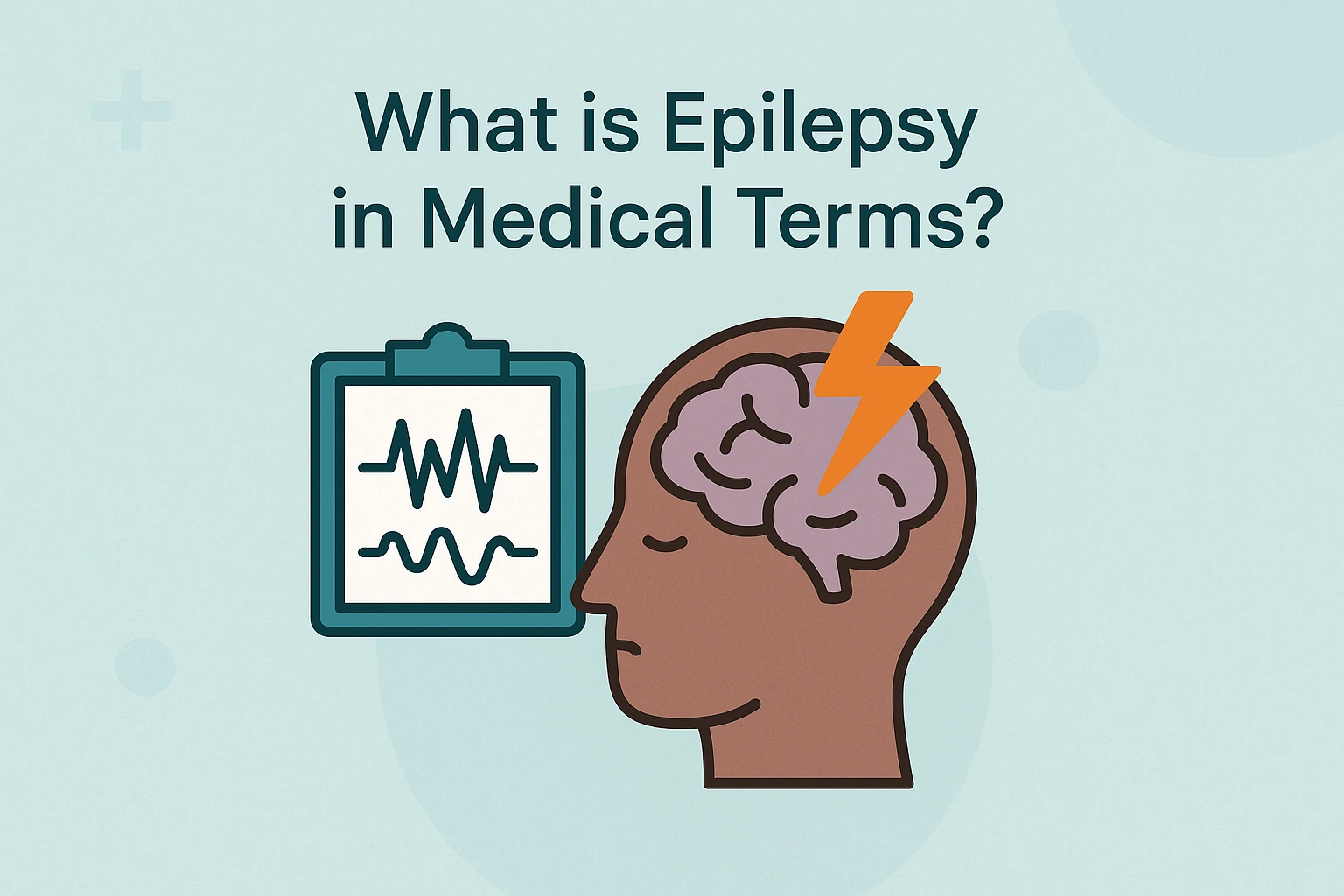Epilepsy is a neurological disorder characterized by recurrent and unprovoked seizures caused by abnormal electrical activity in the brain. A seizure is a sudden surge of electrical signals in the brain that can lead to a variety of symptoms, including involuntary movements, confusion, loss of consciousness, and unusual sensations. While many people experience seizures due to temporary factors like fever or head injury, epilepsy is a condition where seizures occur repeatedly without a clear, immediate cause.
If you or someone you know experiences a seizure, it’s crucial to seek medical evaluation. A diagnosis of epilepsy can be made through a combination of medical history, EEG (electroencephalogram) tests, and imaging scans of the brain. If seizures are frequent or severe, consulting a healthcare professional is essential to finding the right treatment plan.

Types of Epilepsy and Seizures
- Focal Seizures: Also known as partial seizures, they occur in one part of the brain. Symptoms can vary, but they may include twitching or jerking of a body part, confusion, or strange sensations.
- Generalized Seizures: Involving both sides of the brain, generalized seizures can lead to loss of consciousness and convulsions. This category includes tonic-clonic seizures (formerly known as grand mal), where there is a sudden loss of muscle control followed by rhythmic jerking.
- Absence Seizures: These are brief periods of loss of awareness (sometimes mistaken for daydreaming), most common in children, characterized by blank staring and subtle body movements.
- Myoclonic Seizures: These involve sudden, brief jerks or twitches in the arms or legs.
Symptoms of Epilepsy
Symptoms of epilepsy include a range of experiences that vary among individuals.
- Recurrent seizures
- Loss of consciousness
- Uncontrollable jerking movements
- Confusion or disorientation
- Temporary loss of awareness
Causes of Epilepsy
Common causes and risk factors for epilepsy include various factors that can lead to seizures.
- Head injuries
- Stroke or transient ischaemic attacks
- Genetic predisposition
- Infections affecting the brain
- Brain tumours
When to See a Doctor Epilepsy?
Seek medical advice for possible epilepsy if you experience recurrent seizures. Also, seek help for confusion or unusual behaviour. Emergency care is necessary if you faint, experience chest pain, or have severe confusion.
Related Terms of Epilepsy
FAQs for Epilepsy
When should I go to the ER for epilepsy?
If you experience fainting, chest pain, or severe confusion, seek emergency care immediately.
Can heat or dehydration affect epilepsy?
Yes, extreme heat and dehydration can potentially trigger seizures in some individuals.
How can I reduce my risk of seizures?
Maintaining a healthy lifestyle, managing stress, and avoiding known triggers may help reduce seizure risk.
